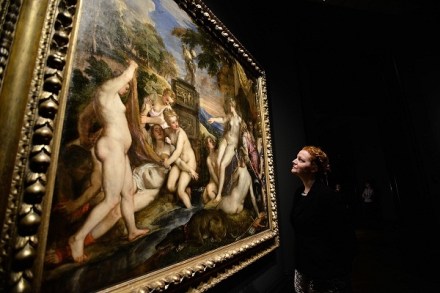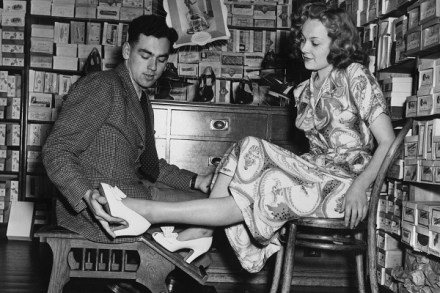‘Story of O’ and the Oral Tradition
A fascinating case was recently brought before the Italian courts. After six years of conjugal submission to her padrone (far better than master, give it that) a woman has filed for divorce with accusations of abuse. The slight snag is that prior to marriage she signed a contract with her lover agreeing to offer herself slavishly to his every whim, if not whip – some may be surprised to learn that physical marking and asphyxia were strictly forbidden. Tedious and predictable comparisons have been made with 50 Shades of hot air, but somewhat more interestingly, also, with Story of O (1954) by Pauline Réage (Anne Desclos). Réage’s novel is hugely





















